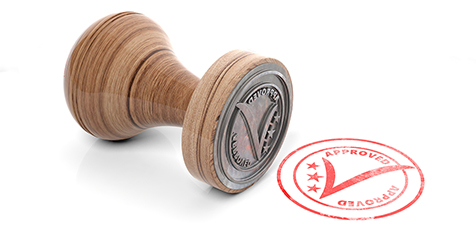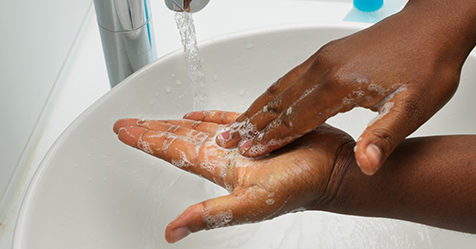Regardless of the size of your business or geographic location, the hospitality industry is a large and growing market for building service contractors.
Examples of this market segment include hotels, motels, resorts, amusement parks, and cruise ships. Some may expand this market segment to include large apartment and condominium complexes, hostels, drilling rigs, and private work camps. In the past, this work was—and still is—primarily done by in-house staff; however this is starting to change.
Getting a Foot in the Door
A good way to get your foot in the door of this market is to offer specialty services that are costly and difficult for potential customers to do with in-house staff because special equipment, skills, or training are necessary to complete the work. This includes such services as window cleaning, pressure washing, landscaping, hard floor care, stone maintenance, and carpet cleaning. Some contractors have had good luck selling daily maintenance service for common areas, kitchens, and restrooms. Fire, water, odor, and mold restoration services are seldom done with in-house staff, so these also are good specialty services that can be offered to potential hospitality customers.
Take a look around your community for potential clients in this market segment and then reach out via letter and in person to the general manager, owner, or housekeeping director at each location to inquire as to how they handle the services you are able to provide. Another effective approach for penetrating this market is to get involved in local professional associations that have management staff from local hospitality organizations as members. Examples include the International Executive Housekeepers Association (IEHA), Association for the Healthcare Environment (AHE), the local chamber of commerce, and other local groups.
Market Expectations
Due to privacy and security concerns, the cleaning of guest rooms and office areas is generally done with in-house employees. Most locations will require criminal background checks on all workers assigned to their facilities due to liability and security concerns. Workers should anticipate being under video and audio surveillance in all areas of a hospitality facility.
You need to be willing to schedule the work on short notice and during the time of day that fits the customer’s schedule. Late-night scheduling is common for public areas, offices, restrooms, conference rooms, and kitchens. Since hotels are open 24 hours a day and seven days a week year round, the scheduling of floor and carpet care is normally done after 2:00 a.m. and before 6:00 a.m. Regardless of the time of day or night, noise is a consideration, since hotel guests may be trying to sleep.
Pricing the Hospitality Market
Although cost is always a primary factor in determining who gets the winning bid, the hospitality industry also places a lot of emphasis on quality, staffing, technical skills, and flexible scheduling. You will need to be competitive in your pricing to land jobs in the hospitality market. I’d consider going after middle-of-the-road clients in this segment of the industry; don’t go after the lowest-priced buyer, but also avoid the ones who don’t look for a good deal or the best price.
Depending on the geographic area, size of the market, and the services you provide, you will find billable hourly rates ranging from slightly below US$20 per hour to slightly more than $35 per hour. Labor costs shouldn’t account for more than 50 to 65 percent of your costs. Supplies and equipment shouldn’t exceed 5 percent of labor costs. Profits will normally range from 12 to 25 percent. Overhead can range from 10 to 20 percent, depending on what you include in this cost category. Productivity of the labor force will depend on the type of work, but to be safe, I’d suggest taking 10 to 20 percent off normal production rates due to unexpected interruptions, wait time, scheduling, and travel requirements within facilities.
Keep it clean out there.



